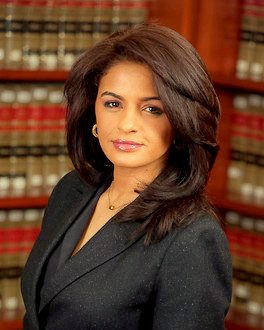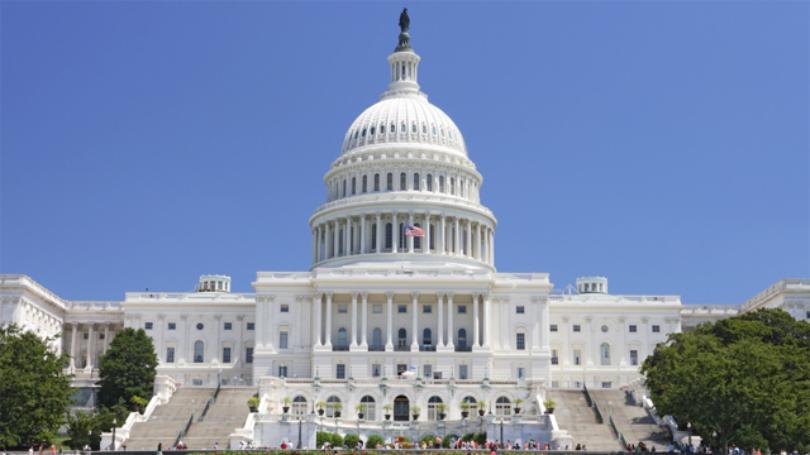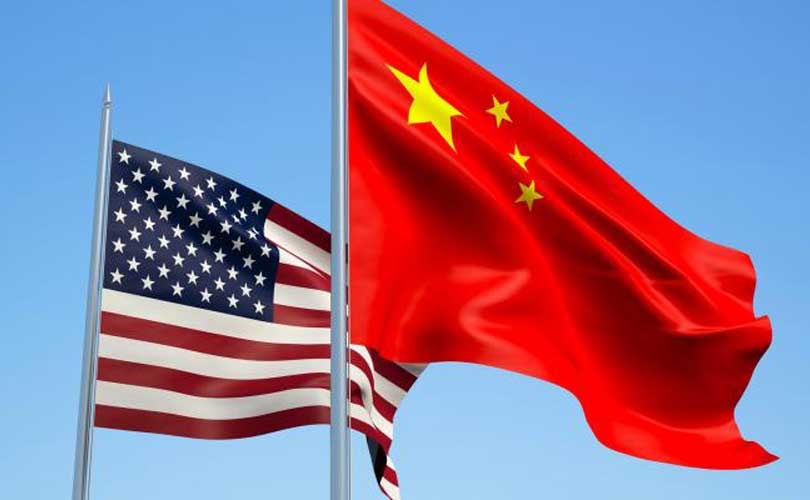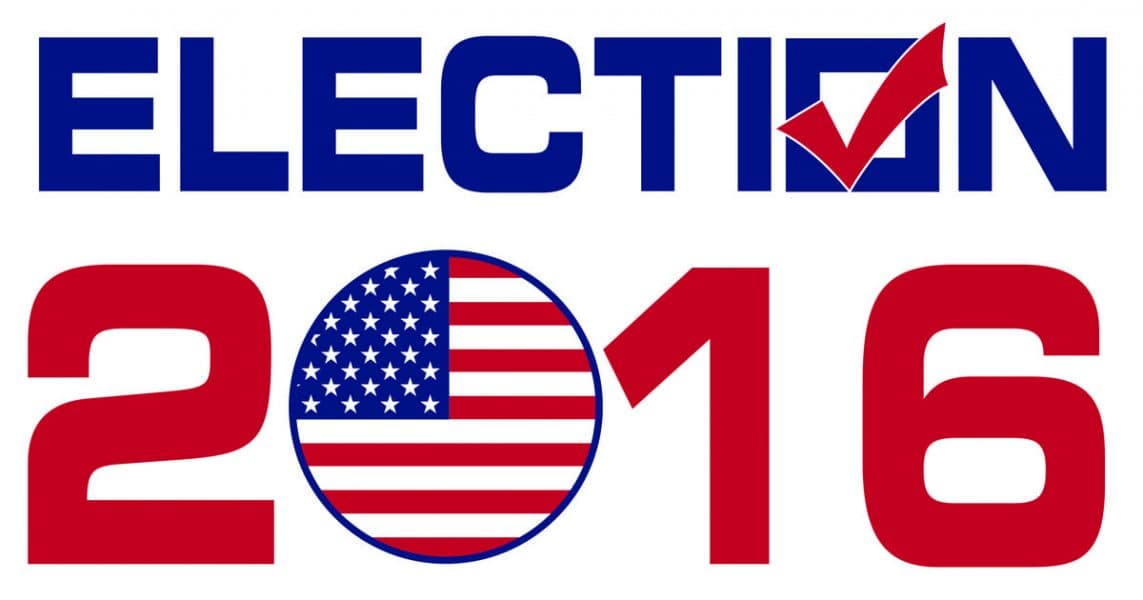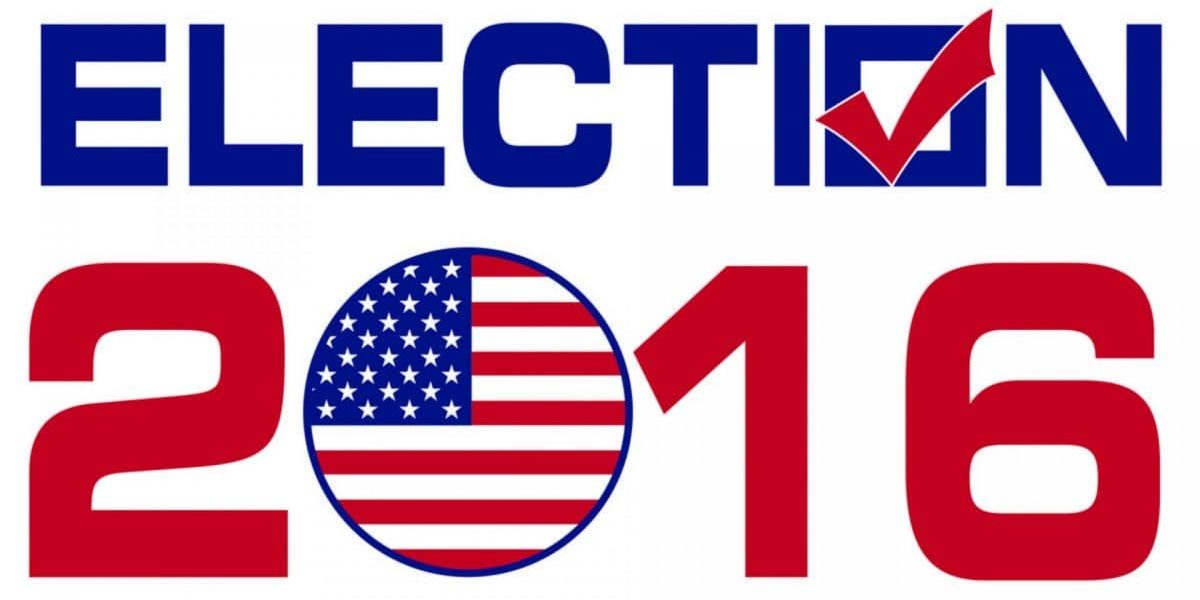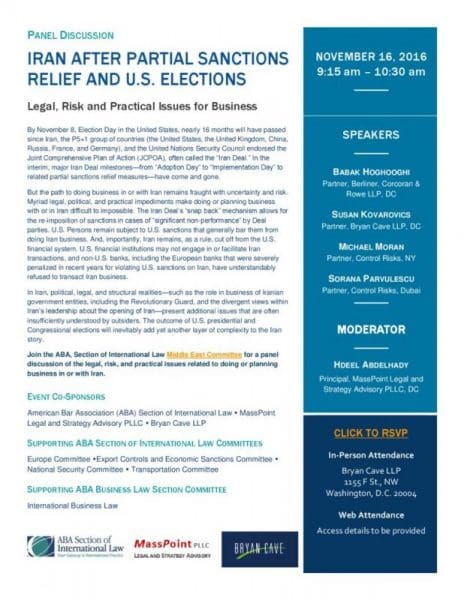Senate Bill to Combat ISIS Targets “Jurisdictions of Terrorism Financing Concern”
Trump’s Foreign Policy May Further Strain Foreign Correspondent Banking (Derisking)
Public Hearing: Chinese Investment in the United States: Impacts and Issues for Policymakers
After Election 2016: 5 Legal and Business Issues to Watch in 2017
5 Legal and Business Issues to Watch in 2017
Proposals to Curb Foreign Investment in the United States Gaining Steam After the U.S. Election
Proposals to Curb Foreign Investment in the United States Gain Steam After the U.S. Election Business Update | November 18, 2016 | Download Full Publication
